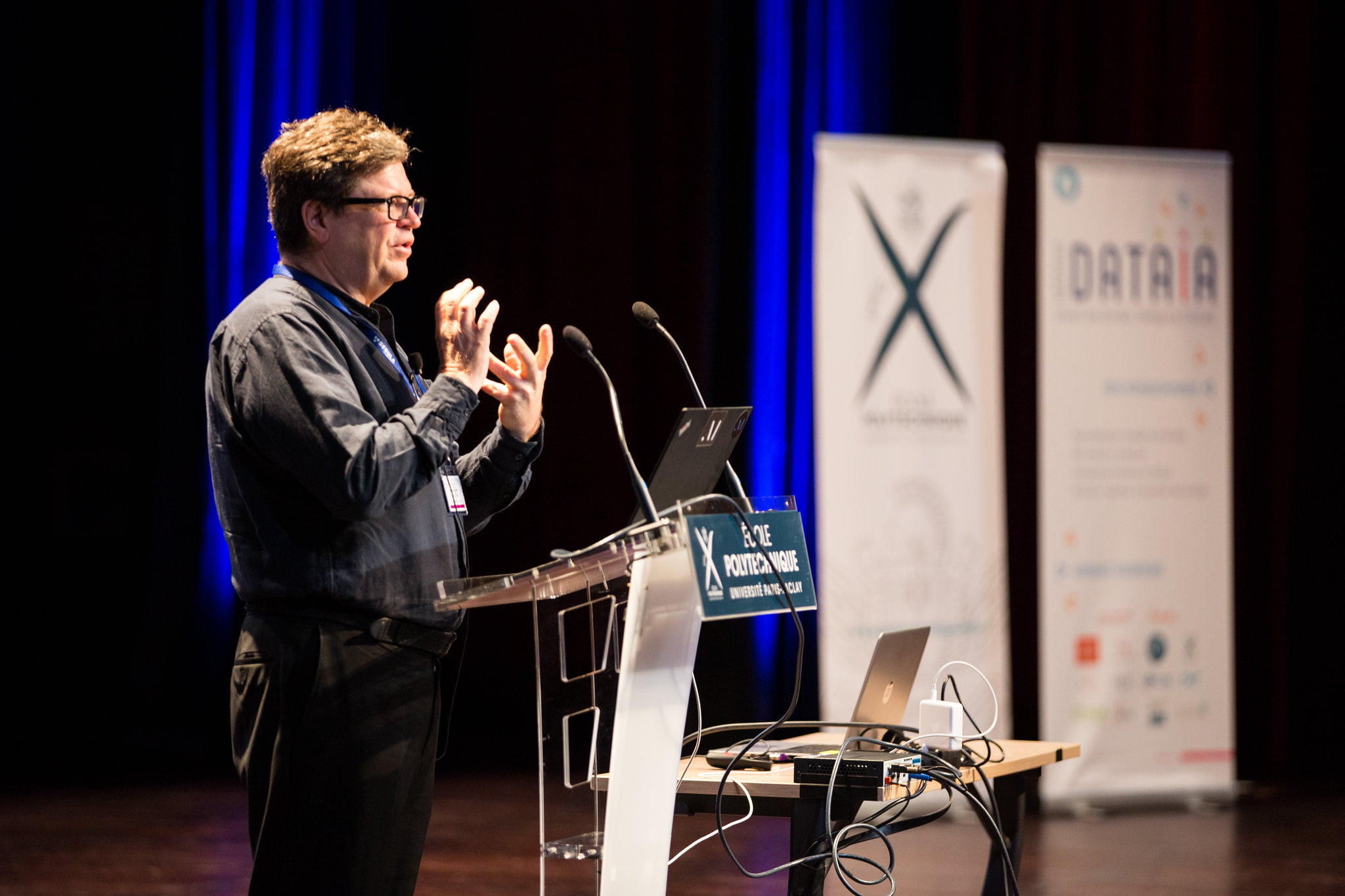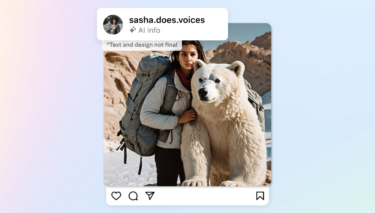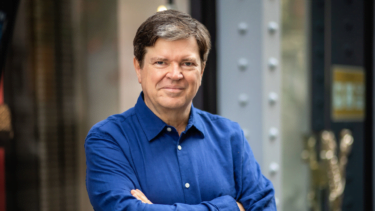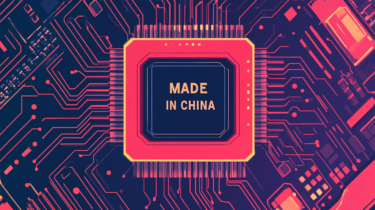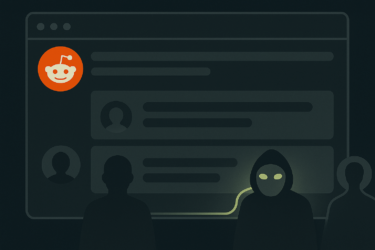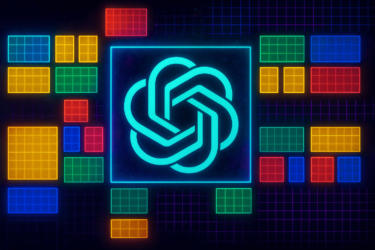AI is getting smarter than humans, but that doesn't mean humans are losing control, says Metas AI chief Yann LeCun.
AI risks fall into two broad categories: What humans do with AI, such as undermining the information system or creating dangerous chemicals. And what AI will do to humans if it one day becomes superior in all areas, i.e., possible existential risks directly caused by AI.
Meta CEO Yann LeCun addresses fears in the second category in a social media post: The debate about existential AI risks wrongly equates intelligence with dominance, he says. Even among humans, the smartest would not be dominant. In companies, for example, the smartest person would not automatically become the boss.
Rather, it is the urge to dominate that drives people into a hierarchical social structure. And this drive varies from person to person. This drive to dominate has "absolutely nothing to do with intelligence."
AI systems will become more intelligent than humans
LeCun expects AI systems to become more intelligent than humans. "There is no doubt that, at some point in the future, AI systems will be more intelligent than humans in all the domains that humans can handle (and more)," LeCun writes.
Still, humans will remain the "apex species," the one that is on top and sets the agenda because it wants to dominate. Even highly intelligent AI systems would therefore remain subservient to humans.
According to LeCun, AI is not designed to fight for the same resources as humans, and reproduction or survival is not its primary goal. It would live in symbiosis with humans, as humans dictate their goals and motivations to AI.
"We will design AI to be like the supersmart-but-non-dominating staff member," LeCun writes.
